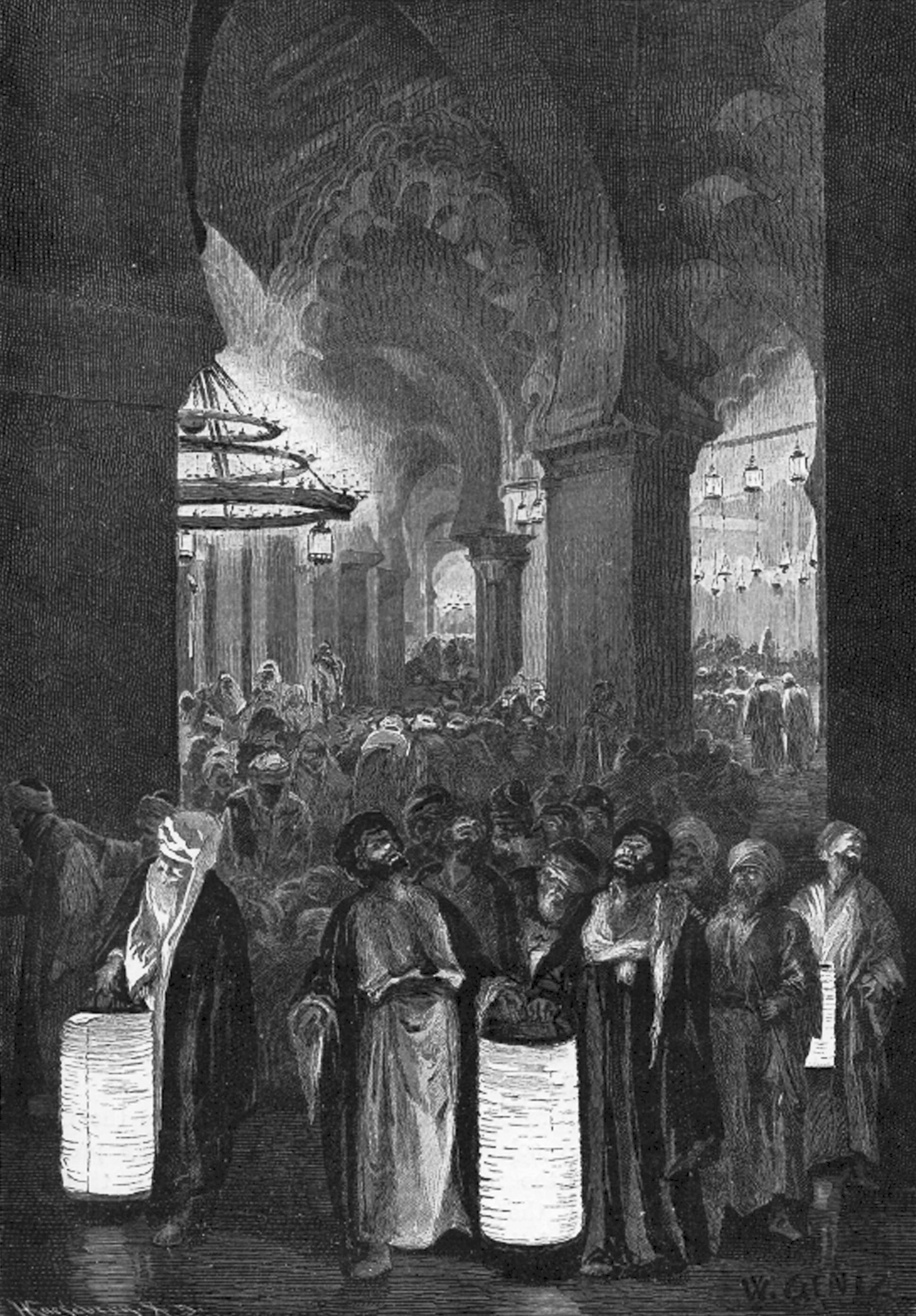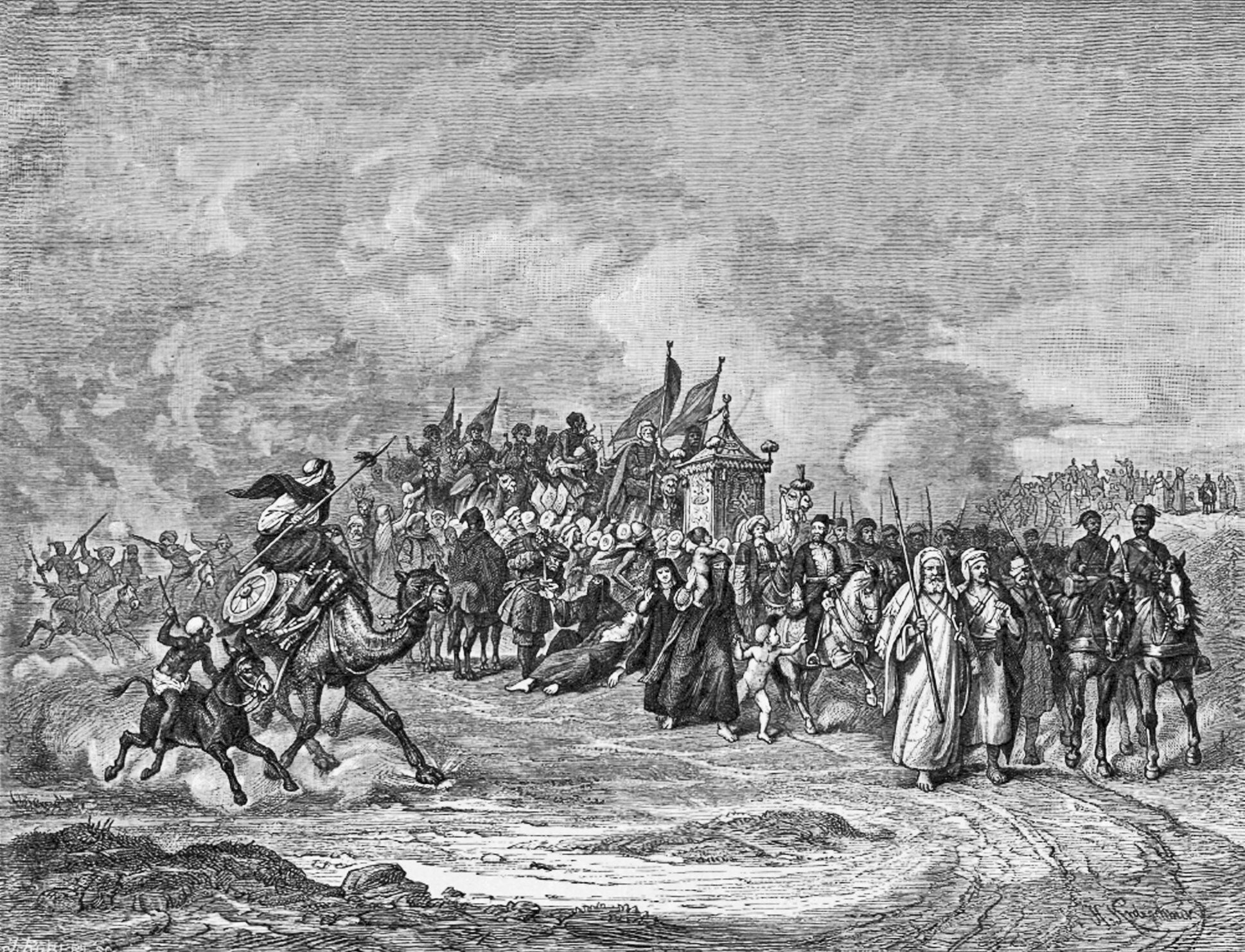
Arabia Before Islam
The Arabian desert in the late 6th century was a very difficult place to survive. Most of the Arabian Peninsula is harsh hot desert, except for the cooler areas along the southern coast, and the western mountain regions. Here there are few lakes or permanent rivers. Most of the area is unsuited for agriculture, and in ancient times people lived at an oasis or in one of the small commercial centers. However, in ancient times the majority of the people were nomads who traveled from one seasonal animal grazing area to another.


Ottoman, Mughal, and Safavid Empires
By the middle of the 9th century Abbasid caliphs (king) started to lose control of the Islamic Empire. In some regions, local leaders recognized the caliph as a religious leader while choosing to govern themselves with their own set of rules. Gradually, the power base of the caliph began to erode. Then, in 969 the Fatimid Dynasty conquered Egypt and began construction on the city of Cairo. Cairo would become the new capital of the Islamic world. Under the rule of the Fatimid, Egypt prospered culturally and architecturally. The Fatimid constructed amazing mosques, palaces, and educational centers. Many of these buildings would survive long past the dynasty.


Rise of Islam
Islam arose at a time when the people of the Arabian Peninsula were ready for a unifying force. Islam knew no borders or racial lines, everyone who believed was accepted into the faith. It arose at a time when the Byzantine Empire was on the verge of collapse from poor leadership and corruption. At the same time, the Persian Empire was also very vulnerable. Shortly before his death, the prophet Muhammad made his intentions clear, he wanted to expand Islam by sending his forces beyond the limits of the Arabian Peninsula.
